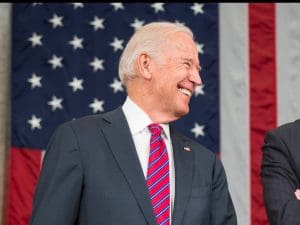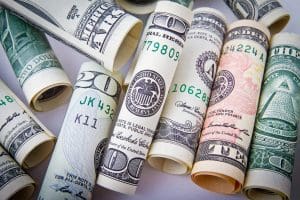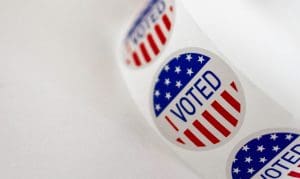The economic crisis caused by the coronavirus pandemic poses a triple challenge for tax policy in the United States. Lawmakers are tasked with crafting a policy response that will accelerate the economic recovery, reduce the mounting deficit, and protect the most vulnerable.
To assist lawmakers in navigating the challenge, and to help the American public understand the tax changes being proposed, the Tax Foundation’s Center for Federal Tax Policy modeled how 70 potential changes to the tax code would affect the U.S. economy, distribution of the tax burden, and federal revenue.
In tax policy there is an ever-present trade-off among how much revenue a tax will raise, who bears the burden of a tax, and what impact a tax will have on economic growth. Armed with the information in our new book, Options for Reforming America’s Tax Code 2.0, policymakers can debate the relative merits and trade-offs of each option to improve the tax code in a post-pandemic world.

Prospects for Federal Tax Policy After the 2020 Election
President Biden and Congress should concentrate on areas of common ground, finding incremental places to improve the tax code. A bipartisan bill recently introduced to help retirement savings is a good model for what incremental reform may look like.
4 min read
Election Analysis: California and Colorado Voters Resist Temptation to Shift More of Property Tax Burden to Businesses
In Tuesday’s election, voters in two states—California and Colorado—were tasked with deciding whether to amend their states’ constitution to change how the property tax burden is distributed. In many ways, the ballot measures were mirror images of each other, but the outcomes were similar.
3 min read
Election Analysis: Why Voters Split the Difference on Income Tax Measures
Illinois voters rejected a high graduated rate income tax (“Fair Tax”) while Arizonans embraced a large income tax rate increase for high earners, among the many attention-grabbing results from Tuesday’s elections.
7 min read
Election Analysis: Recreational Marijuana Now Legal in Four More States
Voters in four states, Arizona, Montana, New Jersey, and South Dakota, approved ballot measures legalizing recreational marijuana.
7 min read
Results of 2020 State and Local Tax Ballot Measures
See the results of the most notable state and local tax ballot measures during Election 2020 with our curated resource page.
11 min read
Biden’s Call for More Tax Credits Further Complicates the Tax Code
Over the course of the 2020 presidential election campaign, Democratic nominee Joe Biden has proposed new tax credits for health insurance, child care, elderly care, and homeownership, in addition to expansions of the Child Tax Credit (CTC) and Earned Income Tax Credit (EITC).
3 min read
Bipartisan House Bill Introduced to Further Encourage Retirement Savings
The Securing a Strong Retirement Act seeks to encourage retirement savings by simplifying and expanding the use of different types of retirement accounts.
3 min read
Spain’s Recovery Budget Comes with Tax Hikes
While other countries in Europe are working towards introducing tax cuts and stimulating economic recovery by supporting business investment and employment, Spain is putting more fiscal pressure on households and businesses.
4 min read
The Unintended Consequences of Higher Corporate Taxes on Income Inequality
Increasing the corporate tax rate is often offered as a solution to income inequality because higher-income individuals tend to own more corporate shares than others and may bear the burden of a tax increase on corporate income.
4 min read
Zoom Calls Not a Taxing Matter
Zoom Video Communications announced that, come November, the company will start collecting and remitting local utility and communications taxes in California, New York, Maryland, and Virginia.
5 min read